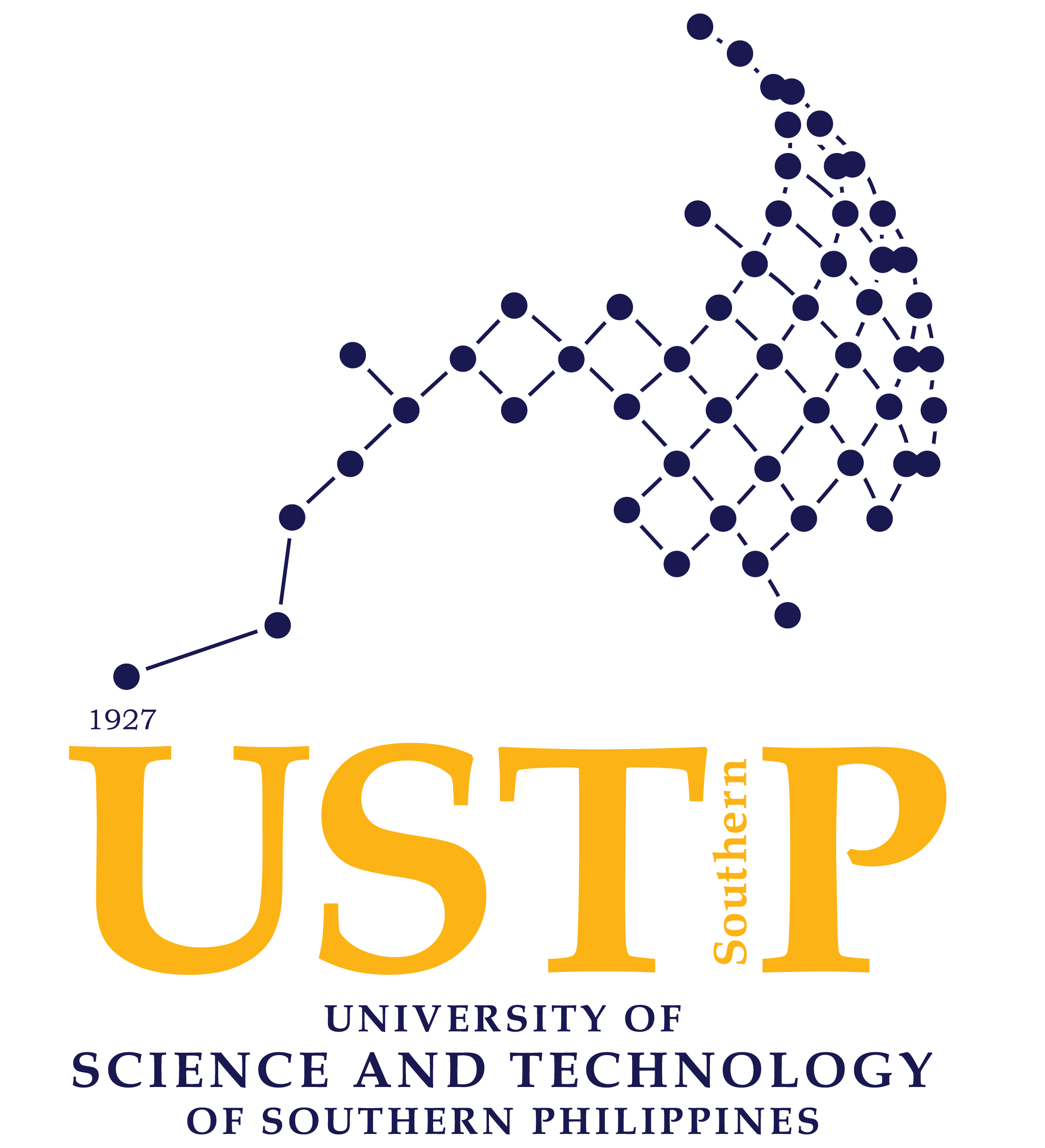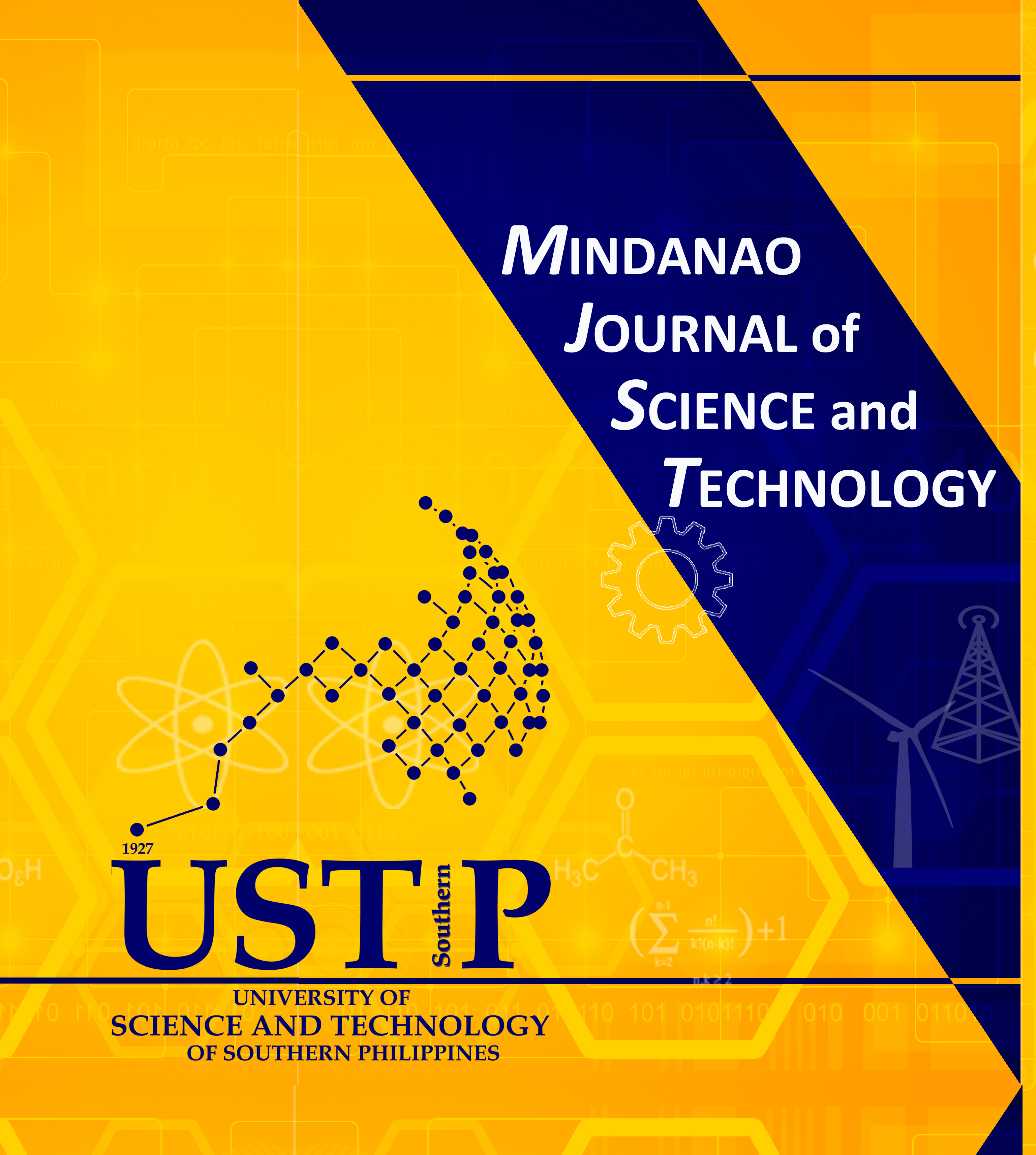TrafficEZ: Optimizing Traffic Monitoring through a Novel Two-Tier Edge Computing Model Integrating Advanced Computer Vision Algorithms
DOI:
https://doi.org/10.61310/mjst.v22iS1.2209Keywords:
computer vision algorithms, edge computing, intelligent transportation systems, traffic density estimation, traffic monitoringAbstract
This research introduces a novel two-tier edge computing model to optimize video processing for traffic monitoring systems, focusing on balancing computational tasks between edge nodes near traffic cameras and a centralized Traffic Management Center (TMC). The system integrates advanced computer vision models, including Perspective Transformation, MOG2 Background Subtraction, Convex Hull Detection, and Morphological Noise Reduction, to significantly improve vehicle detection and traffic density estimation. The model was rigorously tested through a real-world deployment in El Salvador City, Misamis Oriental, Philippines, where it demonstrated superior performance over traditional cloud-only and edge-only solutions. Key results include the accurate approximation of traffic density and dynamic traffic signal management, visualized through various figures, such as the system’s real-time processing capabilities and the successful integration of convex hull tracking. These outcomes highlight the system's effectiveness in managing complex traffic scenarios, underscoring its potential as a robust solution for intelligent transportation systems. The research presents significant advancements in edge computing applications for smart city infrastructure, particularly in real-time traffic monitoring and management.










